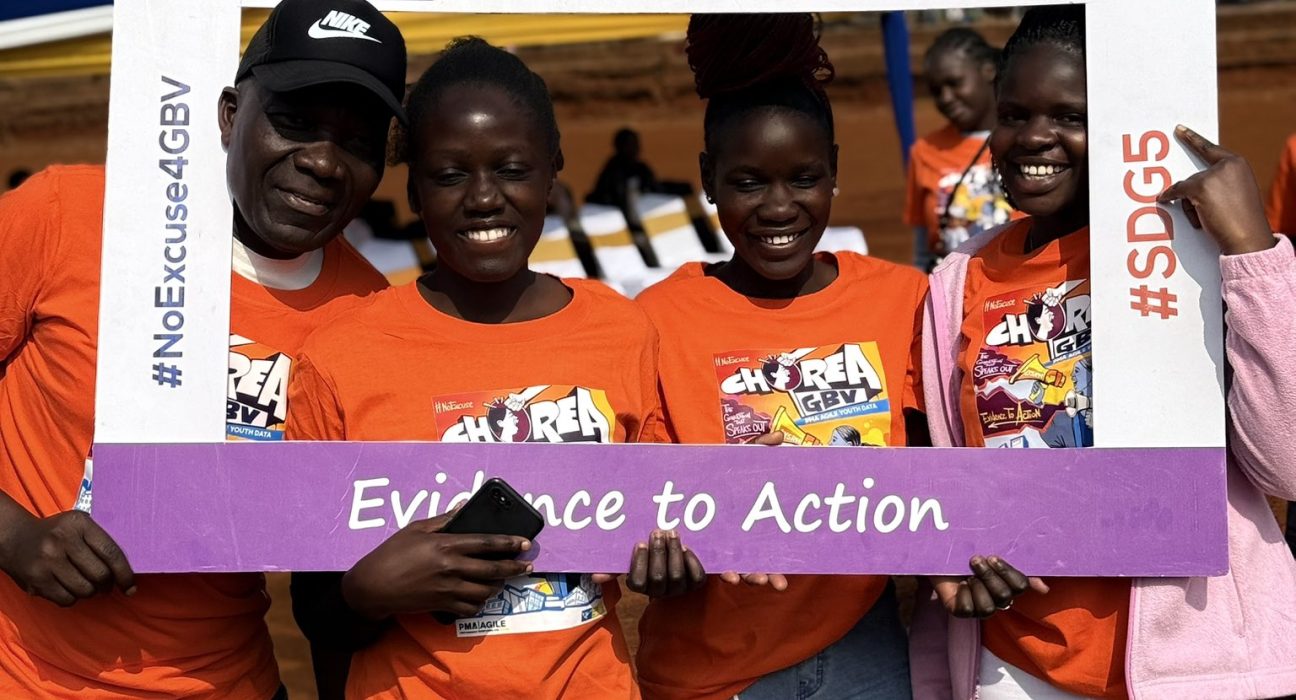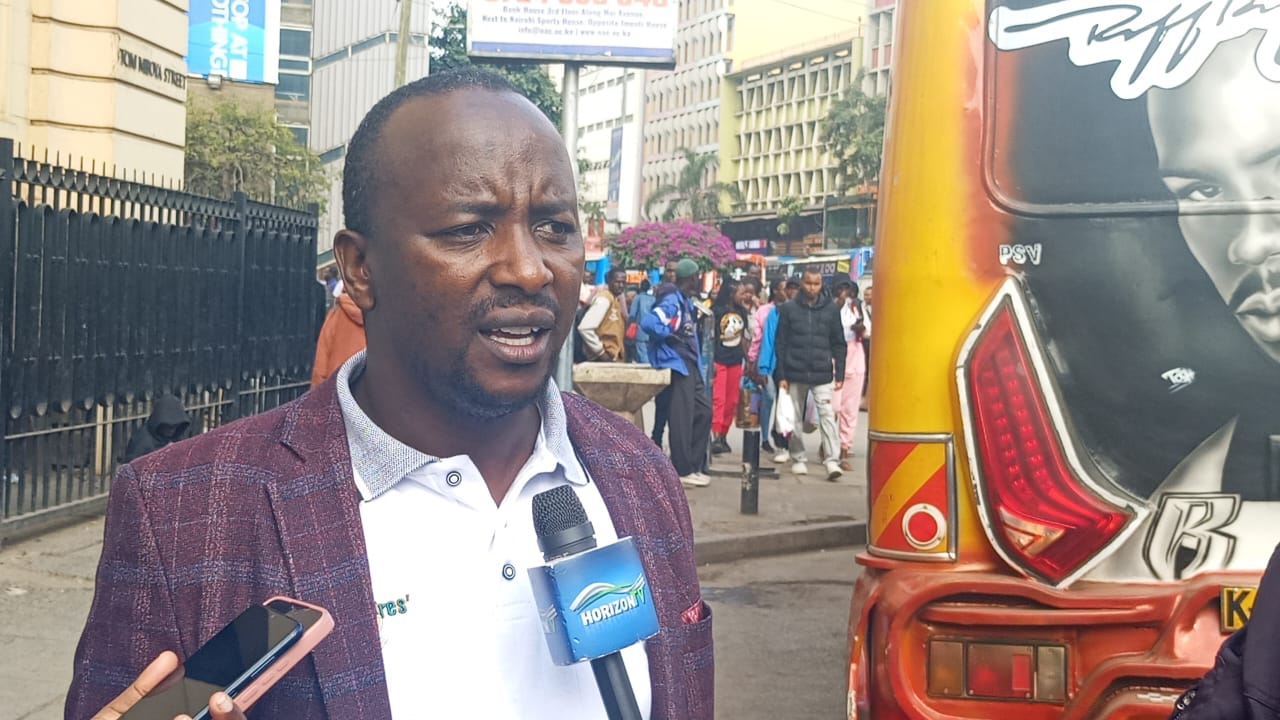By Eddah Waithaka
A damning new study reveals an epidemic of violence against Nairobi’s young women, with 1 in 5 experiencing physical abuse and over 20% surviving sexual violence most often by trusted partners.
Researchers warn these alarming rates haven’t improved since 2019, demanding immediate intervention.
The PMA Agile 2024 survey conducted by the International Centre for Reproductive Health Kenya (ICRHK) reveals alarming statistics.
28.4% of young women in relationships experience intimate partner violence, over 20% encounter sexual violence, often inflicted by known perpetrators, and 5.8% report assaults by non-partners.
Additionally, the survey shows only a slight decline in teen pregnancies, which have dropped by just 5%, from 19% to 14% since 2019.
“These aren’t numbers, they’re our daughters being brutalized,” declared Professor Peter Gichangi at Thursday’s heated Githurai forum.
The report highlights four key barriers that contribute to victims staying silent. First, stigma, as health workers often shame teens seeking help. Second, menstrual poverty, which forces girls to skip school when they lack menstrual products. Third, tech abuse, where partners demand phone PINs and share intimate content without consent; and fourth, limited access, since clinics frequently close when students need them the most.
Mary Thiong’o (ICRHK) warns, “Violence, HIV, and teen pregnancies form a deadly triad crushing our youth.”
Youth Fight Back
At the forum, activists fervently called for the establishment of 24/7 youth-friendly clinics, as proposed by Johns Hopkins, mandatory gender-based violence training for healthcare workers, stronger digital privacy laws to combat revenge porn, and community watchdog programs to monitor and address abuse.
Chief Samuel Kimondo issued a direct challenge, “Parents stop the victim-blaming. Start protecting our children at home.”
While survivors acknowledge some progress, such as extended clinic hours, they also emphasize that meaningful systemic change still feels out of reach.
“We’re tired of reports,” exclaimed a 19-year-old activist, demanding financial support for shelters, harsher penalties for abusers, and safer schools.
To address these urgent needs, next steps include securing emergency funding for school-based gender-based violence programs, establishing a national hotline for tech-facilitated abuse, and deploying mobile clinics in high-risk neighborhoods.
“This ends when we stop debating,” concluded Prof. Gichangi, “and start saving lives.”
Read More Stories At : https://africawatchnews.co.ke/







